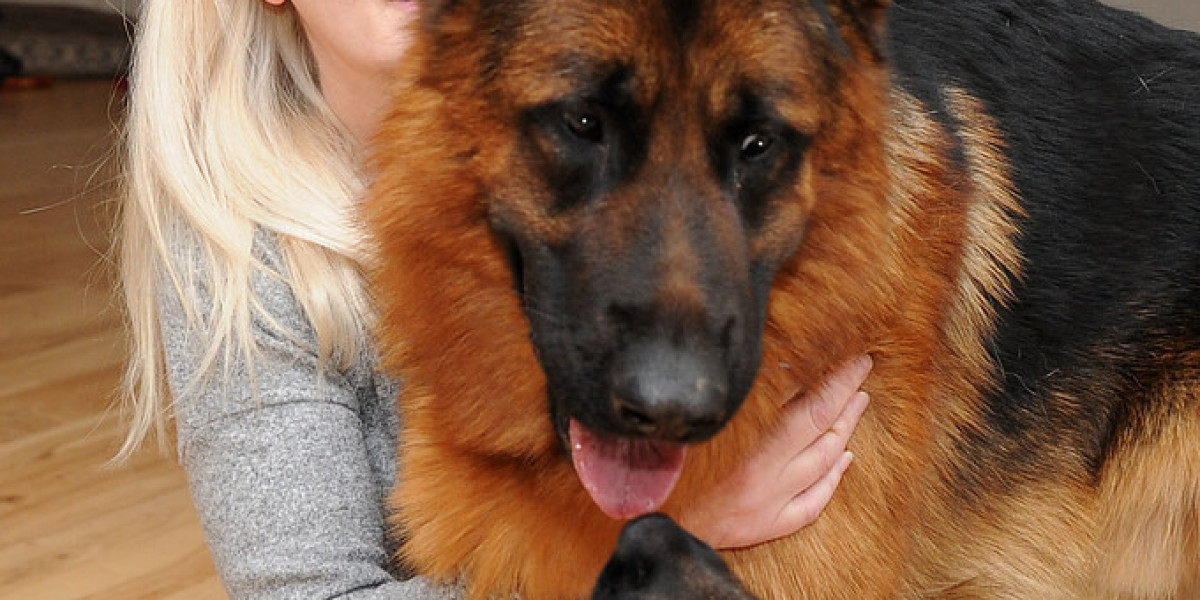German Shepherds, known scientifically as Canis lupus familiaris, have captivated the hearts of dog lovers worldwide with their intelligence, loyalty, and versatility. Originally bred in Germany for herding and guarding sheep, these dogs have found numerous roles in modern society, from police and military work to service and therapy animals. However, before making the decision to buy a German Shepherd, potential owners should be well-informed about the responsibilities and considerations involved. This article delves into the essential factors to keep in mind when purchasing a German Shepherd, providing a comprehensive guide to ensure a harmonious and fulfilling relationship with this majestic breed.
Understanding the Breed
1. History and Origin
- Early Development: The German Shepherd was first developed by Captain Max von Stephanitz in the late 19th century. He aimed to create a versatile working dog capable of herding and protecting livestock.
- Modern Roles: Over the years, German Shepherds have been trained for various tasks, including search and rescue, drug detection, and assistance for individuals with disabilities.
2. Physical Characteristics
- Size: German Shepherds are medium to large dogs, typically weighing between 22 and 40 kilograms and standing 55 to 65 centimeters tall at the shoulder.
- Coat: They have a double coat that can be short, medium, or long-haired, requiring regular grooming to keep it clean and healthy.
- Color: Common coat colors include black and tan, sable, and all black. White German Shepherds also exist but are not recognized by the breed standard in some countries.
3. Temperament
- Intelligence and Trainability: German Shepherds are highly intelligent and learn commands quickly. They excel in obedience training and are often used in professional settings due to their sharp minds.
- Loyalty and Protective Nature: Known for their strong bond with their families, German Shepherds are incredibly loyal and protective. This makes them excellent guard dogs and companions.
- Energy Levels: These dogs are highly energetic and require regular physical activity and mental stimulation to stay happy and healthy.
Preparing for Your German Shepherd
1. Housing and Environment
- Living Space: German Shepherds are adaptable but do best in a home with a yard where they can run and play. Apartments can work if the dog receives ample exercise.
- Climate: They are generally comfortable in various climates but may need extra care in extreme heat or cold.
2. Financial Considerations
- Initial Costs: The price of a German Shepherd can vary widely depending on the breeder, lineage, and health certifications. Expect to pay between €800 and €1,500 for a puppy from a reputable breeder.
- Ongoing Expenses: Veterinary care, high-quality food, grooming, SchäFerhund BeschüTzerinstinkt and training can add up. Budget for annual expenses ranging from €1,500 to €3,000.
3. Time Commitment
- Daily Care: German Shepherds require at least 1-2 hours of exercise daily, including walks, runs, and playtime.
- Training: Consistent training is crucial to ensure a well-behaved and happy dog. This can involve obedience classes, socialization, and specialized training for specific tasks.
Choosing a Reputable Breeder
1. Research and Due Diligence
- Breeders Directory: Use reputable directories and organizations to find breeders, such as the German Shepherd Dog Club of Germany (SV) or the German Shepherd Dog Club of the UK.
- Health Certifications: Ensure the breeder provides health certifications for the puppies, including hip dysplasia, elbow dysplasia, and degenerative myelopathy.
2. Meet the Breeder and Puppies

- Visit the Breeding Facility: A responsible breeder will welcome you to visit the puppies and their living conditions. This allows you to assess the environment and the health of the puppies.
- Ask Questions: Inquire about the breeder’s experience, the lineage of the puppies, and their health history. A good breeder will be transparent and provide detailed information.
3. Ethical Considerations
- Avoid Puppy Mills: Steer clear of breeders who operate puppy mills, as these facilities often prioritize profit over the health and well-being of the dogs.
- Adoption Options: Consider adopting a German Shepherd from a rescue organization. Many purebred and mixed German Shepherds are in need of loving homes.
Training and Socialization
1. Early Training
- Puppy Classes: Enroll your German Shepherd in puppy training classes to establish good behavior and social skills from an early age.
- Consistency: Consistent training and positive reinforcement are key to molding a well-behaved adult dog.
2. Socialization
- Exposure to Different Environments: Expose your German Shepherd to various environments, people, and animals to prevent fear and aggression.
- Positive Interactions: Ensure interactions are positive and controlled to build confidence and reduce anxiety.
3. Specialized Training
- Task-Specific Training: If you plan to use your German Shepherd for specific tasks, such as search and rescue or therapy work, seek out professional training programs.
Health and Wellness
1. Common Health Issues
- Hip and Elbow Dysplasia: These are common genetic conditions that can cause pain and mobility issues. Regular veterinary check-ups and a healthy diet can help manage these conditions.
- Degenerative Myelopathy: This is a progressive disease that affects the spinal cord. Early detection and management are crucial.
- Allergies and Skin Conditions: German Shepherds are prone to allergies and skin issues, which can be managed with proper care and medication.
2. Preventive Care
- Vaccinations and Worming: Follow a regular vaccination and worming schedule to protect your dog from common diseases.
- Diet and Exercise: A balanced diet and regular exercise are essential for maintaining your German Shepherd’s health and preventing obesity.
3. Mental Health
- Stimulation: German Shepherds need mental stimulation to stay happy. Provide puzzle toys, training sessions, and interactive play to keep their minds engaged.
- Stress Management: Create a calm and stable home environment to reduce stress and anxiety. Regular exercise and a routine can help.
FAQs
Q: Are German Shepherds good with children?
- **A: Yes, German Shepherds can be excellent family dogs and are generally good with children. However, early socialization and training are crucial to ensure they interact safely and positively. Supervision is also recommended, especially with young children.
Q: How much exercise do German Shepherds need?
- **A: German Shepherds require at least 1-2 hours of exercise daily. This can include walks, runs, and playtime. Failure to meet their exercise needs can lead to behavioral issues such as excessive barking, chewing, and digging.
Q: Are German Shepherds easy to train?

- **A: Yes, German Shepherds are highly intelligent and easy to train. They thrive on structure and consistent training. Positive reinforcement methods are particularly effective.
Q: What is the lifespan of a German Shepherd?
- **A: The average lifespan of a German Shepherd is 9 to 13 years. Proper care, including a healthy diet, regular exercise, and routine veterinary check-ups, can help extend their lifespan.
Q: Can I leave a German Shepherd alone for long periods?
- **A: German Shepherds are social animals and do not do well when left alone for extended periods. If you have a busy schedule, consider hiring a dog walker or finding a doggy daycare to keep your dog stimulated and happy.
Q: Are German Shepherds suitable for first-time dog owners?
- **A: While German Shepherds can be excellent pets, they are not the best choice for first-time dog owners. Their intelligence and strong protective instincts require experienced handling and training to ensure they become well-adjusted members of the family.
Bringing home a German Shepherd is a significant commitment that requires careful consideration. These dogs are not only loyal and loving companions but also intelligent and versatile workers. By understanding the breed, preparing your home, choosing a reputable breeder, and committing to training and health care, you can ensure a rewarding and fulfilling relationship with your German Shepherd. Remember, a well-cared-for German Shepherd can bring immense joy and enrichment to your life, making the effort and investment well worth it.
Additional Resources
- German Shepherd Dog Club of Germany (SV)
- German Shepherd Dog Club of the UK
- Local Vet Clinics and Animal Shelters
- Books on German Shepherd Training and Care
By taking the time to research and prepare, you can make an informed decision that benefits both you and your new furry friend.








